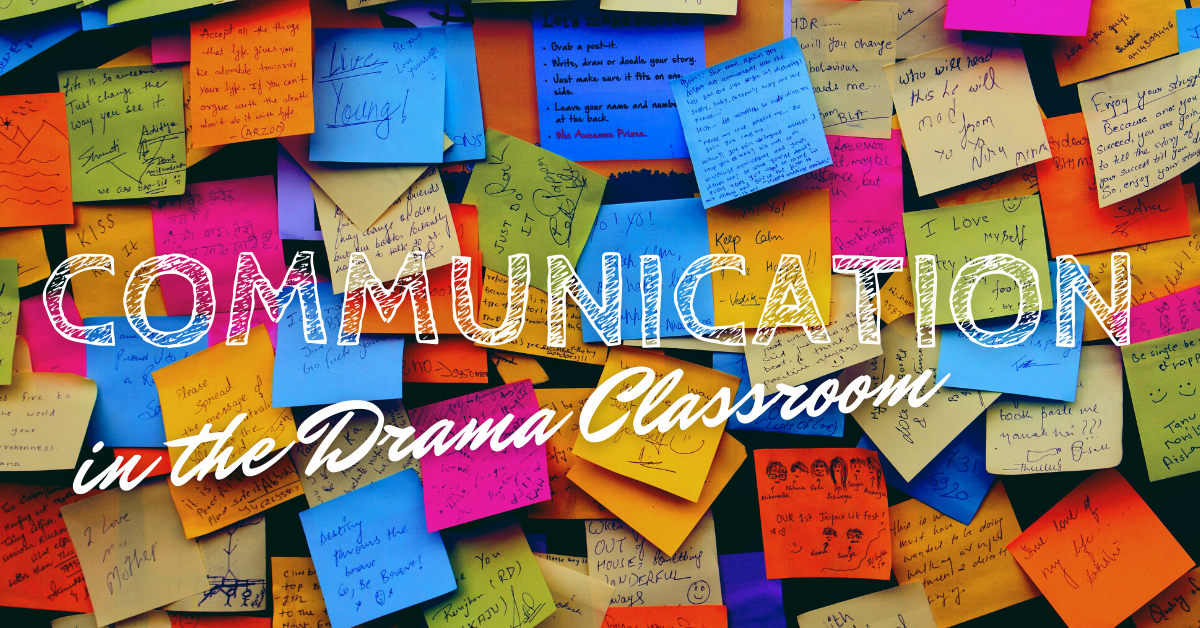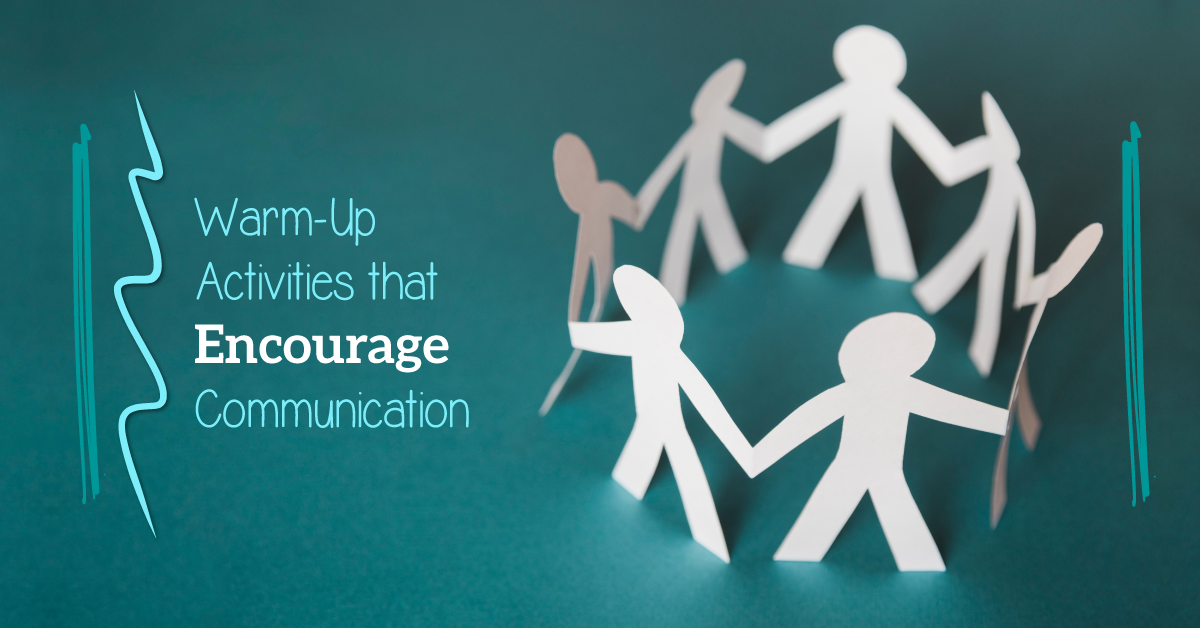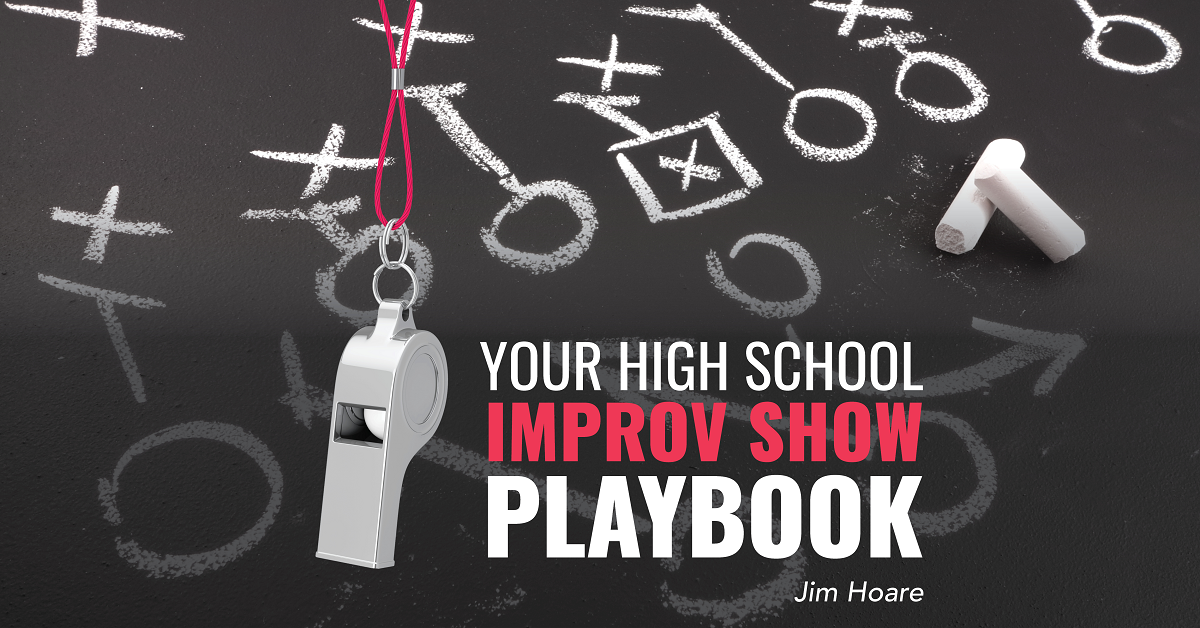Communication in the Drama Classroom
Communication: the means of connection between people; the imparting or exchange of information, thoughts, opinions.
Communication is vital to a successful theatrical experience. A play is a two way street – what is sent from the stage gets an immediate response from the audience. There is an exchange that doesn’t happen in the movie-going experience or the reading experience. It is an actor’s job to communicate to the audience and they will answer back.
Communication might be the most important 21st century skill students can learn in the drama classroom. We communicate with each other in the real world every day, in a variety of ways: verbal, nonverbal, physical. We often have to navigate the minefield of miscommunication with mixed messages or people who refuse to listen.
A student may resist creative thought or creative action – “I can’t do that, I’m not creative. I can’t act. I can’t be in a play.” But every single human being benefits from learning how to communicate. We need communication skills in family life, in relationships, in the workplace, and in the school hallway.
How can you practice communication in the drama classroom?
Define: Define communication with your students. Find out how they communicate with each other and why they communicate the way they do.
Explore: With 21st century students, it’s all about texts and snapchats. It’s much less about face to face interaction. Have students lead an improv game where they have to provide the instructions via snapchat. Observe what happens. Do students engage, because this is a form of communication they’re drawn to? Or is this an example of how in-person communication is still valuable?
Explore: Over the course of a month, every student has to teach a warm up game at the beginning of class. Communication is a different experience when you’re the leader. What’s it like to be in charge? Do your fellow classmates listen? Why or why not? Did you communicate the game effectively? Why or why not? How would you change your instruction to communicate more effectively?
Discussion and Theatricalization: Click below for a PDF downloadable Communication Quotes page. Divide your students into groups, have each group discuss a quote. What does it mean? Why is the statement being said? Do you agree or disagree? Then have each group theatricalize their quote. If they were going to turn the quote into a scene, how would they do it? Give each group 15 minutes to come up with a 1 minute scene to present.
Reflection: Theatre is an act of communication. Reflect on this statement. What comes to mind when you read it? Why might theatre be an act of communication? Do you agree or disagree? If you disagree, why isn’t theatre an act of communication?



